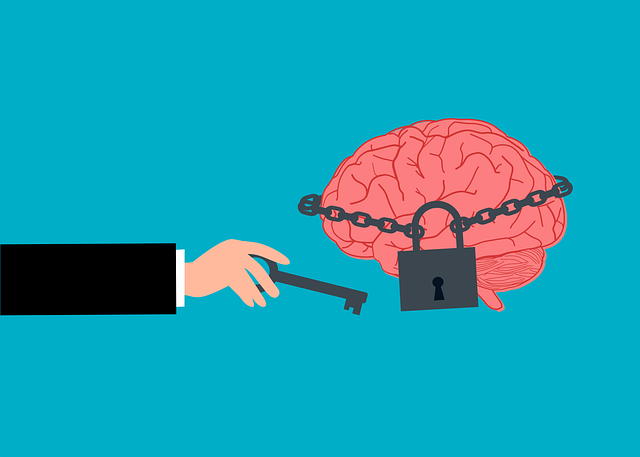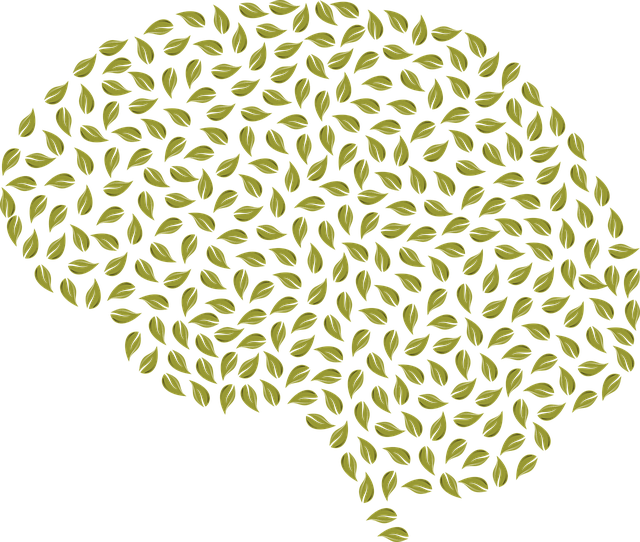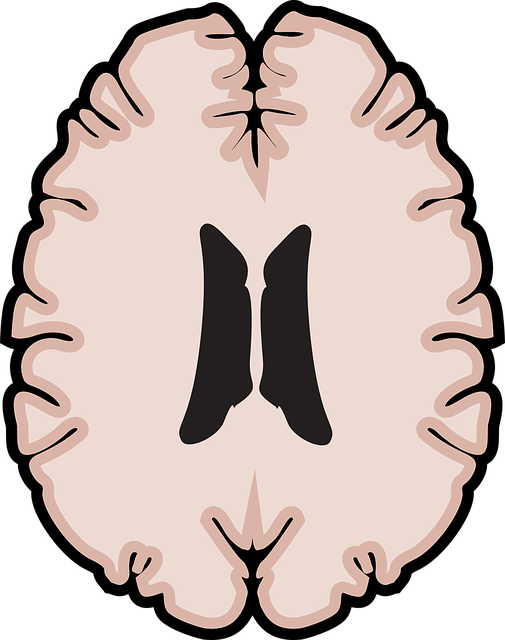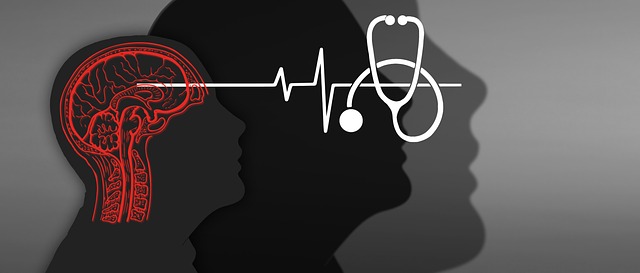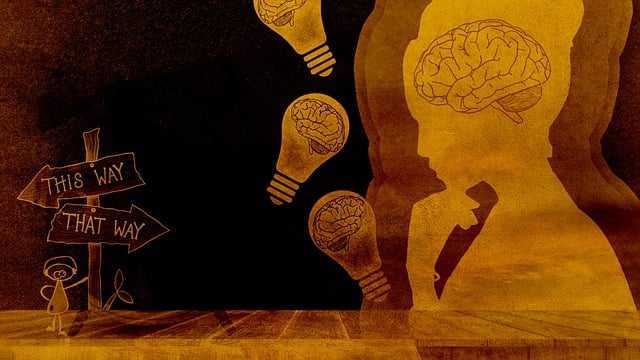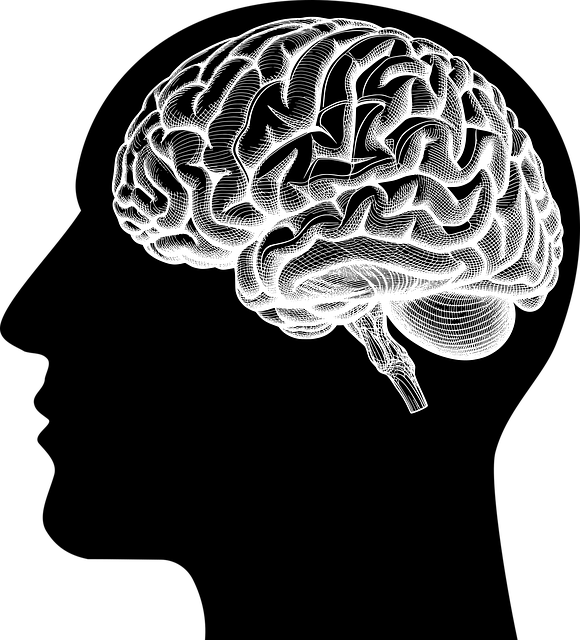Mental wellness is a vital aspect of overall health, and tools like therapy and podcasts can aid personal growth. Littleton Interpersonal Issues Therapy (LIIT) combines with journaling to promote self-reflection, emotional regulation, and cultural sensitivity in healthcare. Structuring a mental wellness journal with prompts and setting dedicated time enhances mindfulness and self-awareness. Creative expression techniques within journaling unlock insights and feelings, preventing burnout. Integrating LIIT, journaling, and creative methods leads to personal growth and better mental health outcomes.
Mental wellness is a cornerstone of overall health, shaping our daily experiences and interactions. In this guide, we explore how mental wellness journaling can be a transformative exercise. Combining insights from Littleton Interpersonal Issues Therapy, this article offers practical advice on structuring your journal, effective writing techniques, and the benefits of self-reflection through journaling as a powerful tool for personal growth and emotional healing.
- Understanding Mental Wellness and Its Impact on Daily Life
- The Power of Journaling: A Tool for Self-Reflection and Healing
- Incorporating Littleton Interpersonal Issues Therapy into Your Journaling Routine
- Structuring Your Journal: Setting Intention and Guidelines
- Techniques for Effective Writing and Creative Expression in Therapy Journals
Understanding Mental Wellness and Its Impact on Daily Life

Mental wellness is a vital aspect of our overall well-being, influencing how we navigate daily life and interact with others. It encompasses emotional, psychological, and social health, affecting our thoughts, feelings, behaviors, and relationships. Understanding mental wellness involves recognizing its intricate connection with our physical health and personal growth. Issues like stress, anxiety, depression, and interpersonal challenges can significantly impact our ability to function and enjoy life.
In today’s fast-paced world, where hustle and bustle often leaves little time for self-reflection, incorporating practices such as therapy or engaging in a mental wellness podcast series production can be transformative. The benefits extend beyond individual growth; improved mental health fosters better communication, enhances relationships, and promotes cultural sensitivity in mental healthcare practice. By addressing interpersonal issues through therapy, individuals gain valuable coping skills development, enabling them to navigate life’s challenges with resilience and adaptability.
The Power of Journaling: A Tool for Self-Reflection and Healing

Journaling has long been recognized as a powerful tool for self-reflection and healing, offering individuals a safe space to explore their thoughts and emotions. This practice, often integrated into various therapeutic modalities like Littleton Interpersonal Issues Therapy, enables deeper understanding of oneself and one’s experiences. By putting pen to paper, individuals can engage in self-awareness exercises that facilitate the exploration of past traumas, present challenges, and future aspirations.
The act of journaling encourages individuals to connect with their inner selves, fostering a dialogue that is often more revealing than external conversations. This introspection supports the development of mind over matter principles, helping individuals gain control over their mental wellness journey. Moreover, regular journaling can contribute to public awareness campaigns development by encouraging open discussions about interpersonal issues and promoting holistic well-being within communities.
Incorporating Littleton Interpersonal Issues Therapy into Your Journaling Routine

Integrating Littleton Interpersonal Issues Therapy (LIIT) into your journaling practice can be a powerful way to enhance emotional regulation and mental wellness. LIIT focuses on interpersonal relationships and communication, encouraging individuals to explore and understand their social dynamics. By dedicating pages in your journal to this therapy, you can reflect on significant interactions and events in your life, identifying patterns and triggers that impact your mental health. This process fosters self-awareness and helps you develop healthier coping mechanisms.
When journaling with a LIIT lens, consider the role of cultural sensitivity in mental healthcare practice. Reflecting on how cultural backgrounds shape interpersonal experiences can provide valuable insights. Explore themes of communication styles, boundaries, and support systems across different contexts. This not only improves emotional regulation but also contributes to a deeper understanding of your identity and its influence on your mental wellness, potentially enriching content for a Mental Wellness Podcast Series Production.
Structuring Your Journal: Setting Intention and Guidelines

When beginning your mental wellness journaling practice, structuring your journal is a crucial step. This involves setting clear intentions and establishing guidelines to guide your writing. Start by deciding on the purpose of your journal; is it to track moods, explore thoughts, or process interpersonal issues as suggested by Littleton Interpersonal Issues Therapy? Defining this focus will help you tailor your entries accordingly.
Consider incorporating specific prompts or questions to keep your reflections structured. For instance, prompts like “What emotions am I experiencing today?” or “How did I respond to a challenging interaction?” can prompt meaningful self-reflection. Additionally, setting time limits for journaling sessions, deciding on a frequency (daily, weekly), and choosing a quiet space free from distractions can enhance the effectiveness of your mental health education programs design. These guidelines will not only ensure consistency but also provide a safe space for unfiltered expression, akin to Burnout Prevention Strategies for Healthcare Providers focusing on self-care. Remember, the goal is to create a personalized practice that supports your unique mental wellness journey, incorporating Healthcare Provider Cultural Competency Training principles of mindfulness and self-awareness.
Techniques for Effective Writing and Creative Expression in Therapy Journals

Writing in a therapy journal offers a powerful tool for self-reflection and emotional exploration. To make this practice truly effective, consider incorporating creative expression techniques that go beyond simple note-taking. Free writing, where you jot down thoughts without censorship or structure, can unlock hidden insights. Drawing, collage, or even dancing while journaling can help convey complex feelings when words fall short. These artistic methods are especially beneficial for those exploring Littleton Interpersonal Issues Therapy, allowing them to express and process intricate relationships and emotional dynamics.
Incorporating Burnout Prevention Strategies for Healthcare Providers and understanding Risk Assessment for Mental Health Professionals is crucial alongside regular journaling. Creative expression can serve as a burnout prevention technique, providing an outlet for stress and fostering self-care. By integrating diverse methods, individuals engaged in therapy can enhance their journey, leading to profound personal growth and improved mental wellness.
Mental wellness journaling is a powerful tool that combines self-reflection with therapeutic techniques, offering a personalized path to healing. By integrating elements from the Littleton Interpersonal Issues Therapy approach, individuals can explore and express their thoughts and emotions effectively. Structuring your journal with clear intentions and creative expression allows for a deeper understanding of yourself and can significantly contribute to improved mental wellness. Embrace this journey, and let journaling become a regular practice to enhance your overall well-being.
